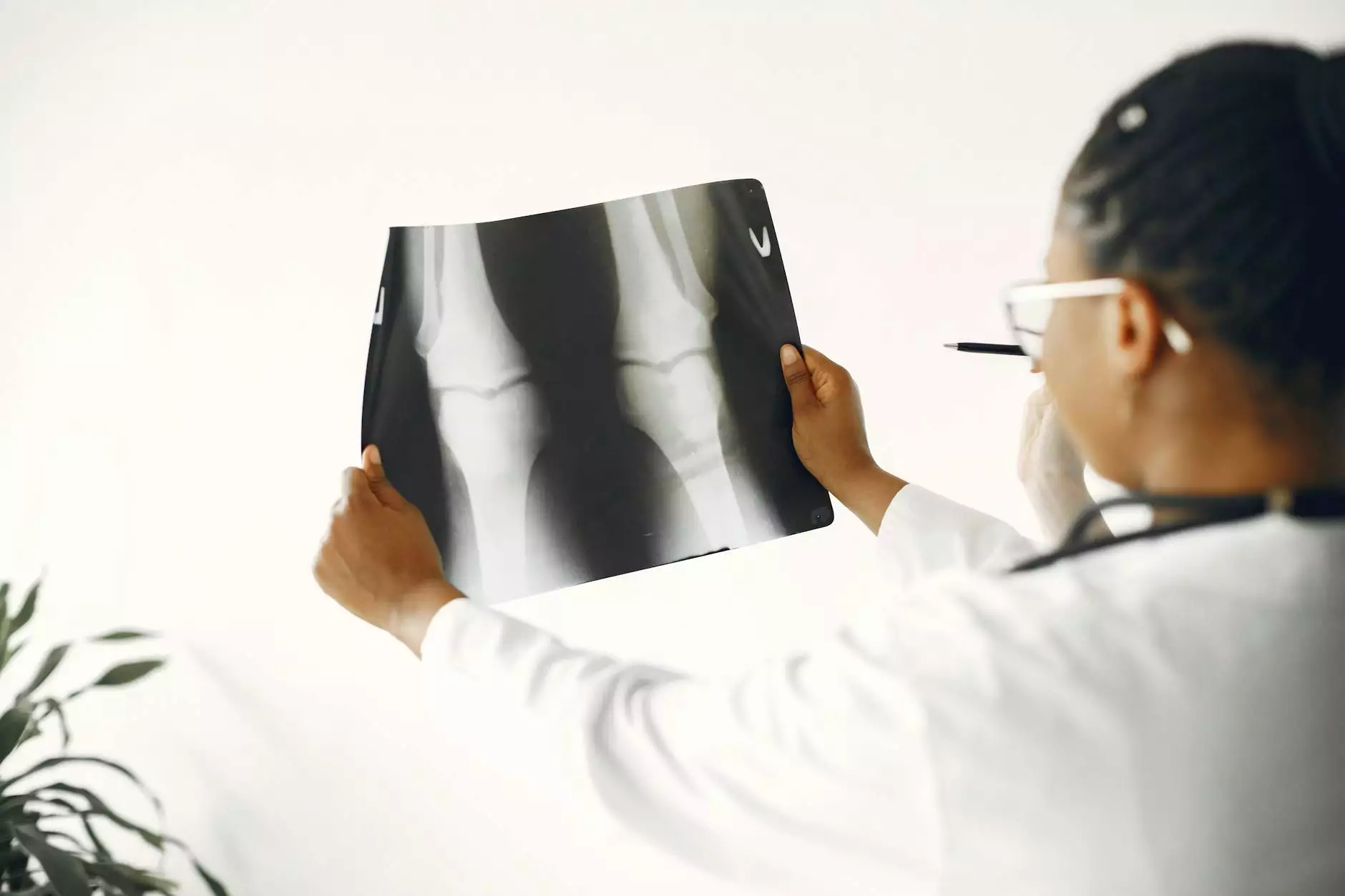The Essential Role of Hospital Surgical Instruments in the Healthcare Industry

In the ever-evolving world of healthcare, hospital surgical instruments play a pivotal role in delivering effective medical interventions. These sophisticated tools are the backbone of surgical procedures, ensuring that healthcare professionals can perform their tasks with precision and confidence. This article delves into the fascinating world of surgical instruments, exploring their importance, types, and the technological advancements that are reshaping the medical landscape.
Understanding Hospital Surgical Instruments
Hospital surgical instruments are specialized tools designed to assist in surgical procedures. They are created to enable surgeons to perform minimally invasive procedures, promote patient safety, and improve surgical outcomes. Each instrument is meticulously crafted, ensuring it meets stringent quality and safety standards.
The Importance of Surgical Instruments
The significance of hospital surgical instruments cannot be overstated. These tools are not merely accessories; they are vital components that enhance the capability of surgeons to carry out complex operations. Here are some key reasons why surgical instruments are so important:
- Precision and Control: Surgical instruments are designed to provide surgeons with utmost control during operations, allowing for precise incisions and effective tissue manipulation.
- Patient Safety: High-quality surgical instruments contribute significantly to patient safety by reducing the risk of surgical errors and complications.
- Efficiency: The right surgical tools enhance the overall efficiency of surgical procedures, enabling quicker recoveries and shorter hospital stays for patients.
- Technological Advancement: Modern surgical instruments incorporate the latest technology, which improves visualization, accessibility, and overall surgical performance.
Types of Hospital Surgical Instruments
The array of hospital surgical instruments available today is vast, catering to diverse surgical specialties. Below are some of the most common categories of surgical instruments:
1. Cutting Instruments
Cutting instruments are essential for making incisions and excising tissue. Key examples include:
- Scalpels: Sharp, precise blades used for making incisions in the skin and underlying tissues.
- Scissors: Specialized scissors, like Metzenbaum scissors or Mayo scissors, are used for cutting tissue and sutures.
2. Grasping Instruments
Grasping instruments help surgeons hold or manipulate tissues during surgery. Notable examples include:
- Forceps: Tweezer-like instruments that are designed to grip and hold tissue. They come in various shapes and sizes for different functions.
- Needle Holders: Instruments designed to securely hold needles while suturing.
3. Hemostatic Instruments
These instruments control bleeding during surgical procedures. Examples include:
- Hemostats: Clamps that occlude blood vessels to prevent excessive bleeding.
- Cautery Devices: Instruments that use heat to coagulate tissue and stop bleeding.
4. Suction and Irrigation Instruments
Maintaining a clear surgical field is crucial for successful operations. Suction and irrigation instruments serve this purpose:
- Suction Devices: Used to remove blood, fluids, and debris from the surgical site.
- Irrigation Devices: Used to cleanse the surgical area with sterile fluids.
5. Specialized Instruments
Various medical specialties utilize specific instruments designed for their unique surgical procedures. Examples include:
- Orthopedic Instruments: Tools designed specifically for bone and joint surgeries, such as chisels and bone saws.
- Neurosurgical Instruments: Specialized instruments necessary for delicate brain and spinal surgeries, including micro-scissors and retractors.
Technological Advancements in Surgical Instruments
The medical field is continuously advancing, and this is evident in the development of hospital surgical instruments. Innovative technologies have led to the creation of instruments that enhance surgical capabilities:
Robotic-Assisted Surgery
One of the most notable advancements in the surgical arena is the introduction of robotic-assisted surgical systems. These systems allow for:
- Enhanced Precision: Robotic arms can perform intricate motions that are often beyond human capabilities.
- Minimally Invasive Procedures: Surgeons can make smaller incisions, reducing patient recovery times and minimizing scarring.
Smart Surgical Instruments
Another exciting development is the integration of smart technology into surgical instruments. These instruments can include features like:
- Data Tracking: Instruments equipped with sensors that monitor usage data for efficacy and safety.
- Automatic Adjustments: Instruments that automatically adjust tension or width based on the surgical scenario.
Benefits of Quality Surgical Instruments
Investing in high-quality hospital surgical instruments offers numerous benefits to healthcare providers, surgeons, and patients alike:
- Improved Surgical Outcomes: Quality instruments lead to more precise surgeries, ultimately resulting in better patient outcomes.
- Enhanced Surgeon Confidence: When surgeons can rely on their tools, they can concentrate more on the procedure without worrying about instrument performance.
- Cost-Effectiveness: Although quality instruments can have a higher upfront cost, they offer long-term benefits through reduced complications and improved recovery times.
- Regulatory Compliance: Using top-tier instruments helps healthcare facilities comply with healthcare standards and regulations, ensuring patient safety.
Ensuring Instrument Quality and Safety
To guarantee the effectiveness of hospital surgical instruments, healthcare facilities must prioritize quality assurance and safety. Here are some best practices:
- Regular Maintenance: Routine inspection and maintenance of surgical instruments prevent malfunctions and ensure they remain in optimal condition.
- Proper Sterilization: Implementing strict sterilization protocols is essential for preventing surgical site infections.
- Training Staff: Providing ongoing training for staff on the proper usage and maintenance of surgical instruments is vital for overall surgical success.
The Future of Hospital Surgical Instruments
The future of hospital surgical instruments looks promising as innovations continue to emerge. Anticipated advancements include:
- Integration of AI: Artificial intelligence is expected to play a role in refining instrument design and functionality.
- Sustainability Initiatives: With a growing focus on environmental stewardship, the development of eco-friendly surgical instruments will likely be a key trend.
- Enhanced Automation: Automation may further streamline surgical procedures, minimizing human error and improving efficiency.
Conclusion
In summary, hospital surgical instruments represent a critical element of modern healthcare. Their importance cannot be overlooked, as they enhance the precision and safety of surgical procedures, contribute to better patient outcomes, and allow for advancements in surgical techniques. As we move forward, it is essential for healthcare providers to prioritize the quality and safety of these instruments to ensure the highest standards of care. Adopting top-quality instruments and staying abreast of technological advancements not only supports surgeons but also ultimately improves patient care, paving the way for a healthier future.









